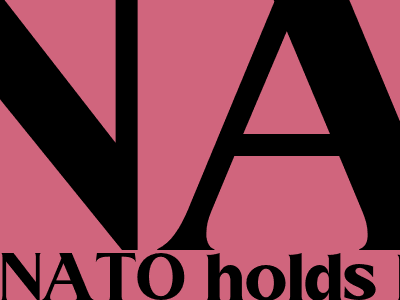
NATO Holds Large Arctic Exercises in Russia's Backyard
A Show of Force in the Far North
NATO has begun its largest Arctic military exercises in decades, involving over 35,000 troops and 200 aircraft and ships from 28 countries. The drills, taking place near the Russian border, are a clear signal of the alliance's determination to maintain a strong presence in the region amid growing tensions with Moscow.
Strategic Importance of the Arctic
The Arctic has become increasingly important as climate change melts sea ice, opening up new shipping routes and access to potential resources. The region is also home to key military installations, making it a strategic flashpoint between NATO and Russia.
Russia has been steadily expanding its military presence in the Arctic, building new airfields, naval bases, and other infrastructure. NATO's exercises are a response to these actions and a way to demonstrate the alliance's ability to operate in the challenging Arctic environment.
Key Features of the Exercises
The exercises, codenamed "Cold Response," will involve a variety of scenarios, including mock battles on land, sea, and air. The drills will test the ability of NATO forces to work together in a coordinated manner and to respond to various threats in the Arctic region.
The exercises will also include elements of cyber warfare, with NATO forces practicing how to defend against potential cyberattacks.
Concerns from Russia
Russia has expressed concern about NATO's exercises, accusing the alliance of "militarizing" the Arctic region. Moscow has also warned that it will take "all necessary measures" to protect its interests in the area.
Significance for NATO-Russia Relations
The NATO exercises come at a time of heightened tensions between the alliance and Russia over the Ukraine conflict and other issues. The drills are likely to further strain relations between the two sides and could potentially lead to increased military activity in the Arctic region.
Conclusion
NATO's Arctic exercises are a significant show of force and a reminder of the strategic importance of the region. The drills are also likely to have a significant impact on NATO-Russia relations, further raising tensions between the two sides.